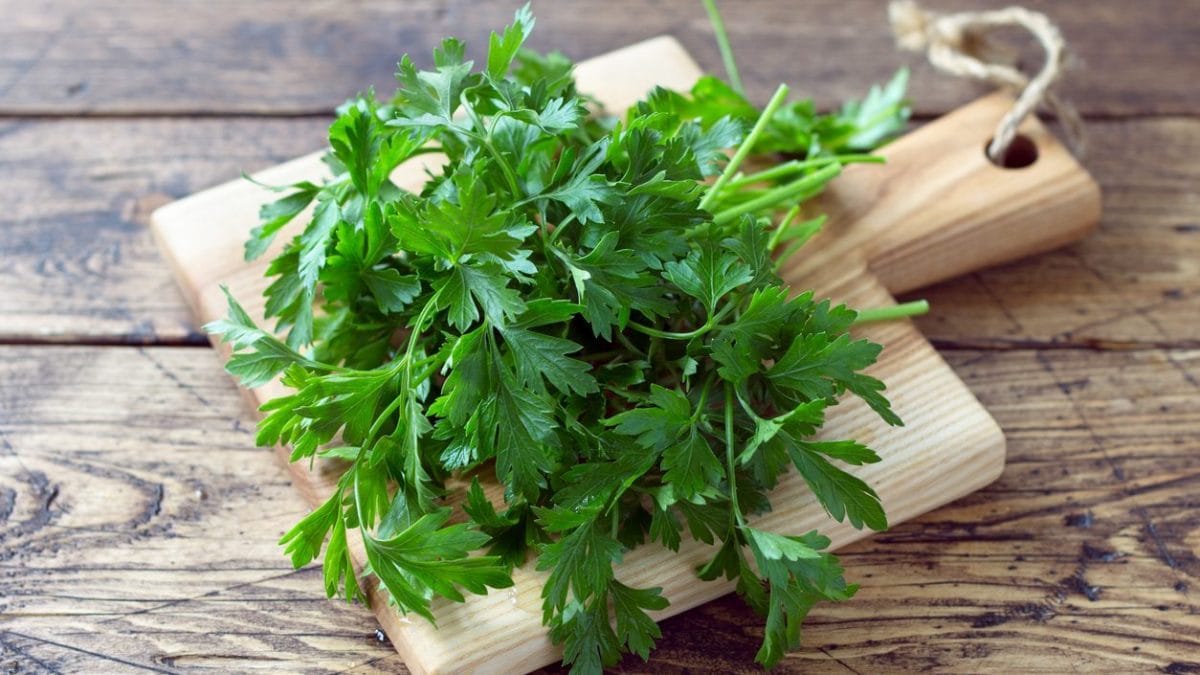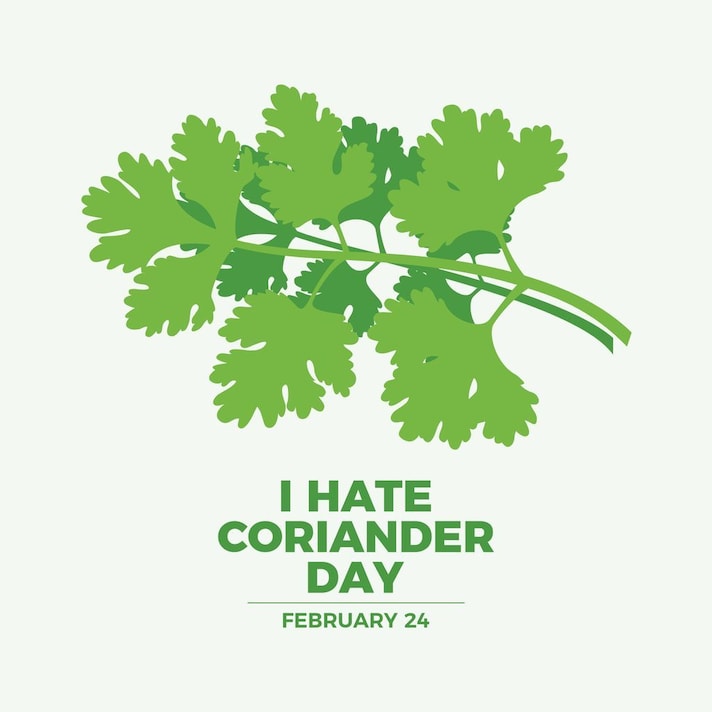
Coriander: for some it is delicious, the essential ingredient in tacos and flavorful sauces, for others it has the same flavor as a bar of soap stuck between the teeth, pungent, persistent and incredibly unpleasant. In the world few ingredients are as divisive and debated as coriander, one of the oldest aromatic plants in the world, "cousin" of the more local parsley, widely used in Mexican, Asian and Thai cuisine. While it is true that many love it, it is also true that many hate it, and not a little.
The aversion to this herb is so common that it has stimulated the birth of a real online community that, shouting "I hate coriander", carries forward its cause, financing it with personalized gadgets; not to mention the fact that hatred for coriander has even obtained an International Day, celebrated on February 24th.
How can a simple herb create all this confusion? What are the motivations, cultural or scientific, that make the taste of coriander so unbearable for some palates? The answer is, to say the least, curious, uncomfortable and calls into question, so much so that the contempt for coriander becomes a real question of DNA.
Coriander: Why Don't Many People Like It?
Why do many people perceive the taste of coriander as unpleasant? Many have tried to explain this phenomenon, carrying out research and studies: according to an article published in the scientific journal Flavour, the aversion to coriander varies statistically according to different ethno-cultural groups and different geographical areas.
In particular, the percentage of people who hate this plant varies from 3 to 21% of those interviewed: disgust for coriander is shared by 21% of East Asians, 17% of Europeans, 14% of Africans, and only 3-7% of those who live in South Asia, Latin America, and the Middle East. Reading this data, we could conclude that the reason is purely cultural: it is no coincidence that precisely in the countries where coriander is most used, the percentages of those who cannot stand its flavor plummet dramatically. Culinary habits and the consumption of a particular ingredient certainly have a great impact on the way our palate perceives different flavors, but in the case of coriander, there is more.

In particular, the researchers have identified genetic reasons, linked to a sensory receptor associated with coriander: the OR6A2 gene. Coriander contains a series of aldehyde compounds, perceived as "soapy" by those who possess this gene. Specifically, aldehydes activate an olfactory receptor, which the OR6A2 gene encodes and identifies as a pungent and unpleasant taste.
Despite the various studies, some questions remain open: it is not clear, for example, whether those who perceive only the unpleasant note are incapable of perceiving the aromatic one due to the lack of some specific receptor or whether those who love this plant do so because they are "tricked" by a receptor capable of hiding the musty taste.
;Resize,width=767;)
